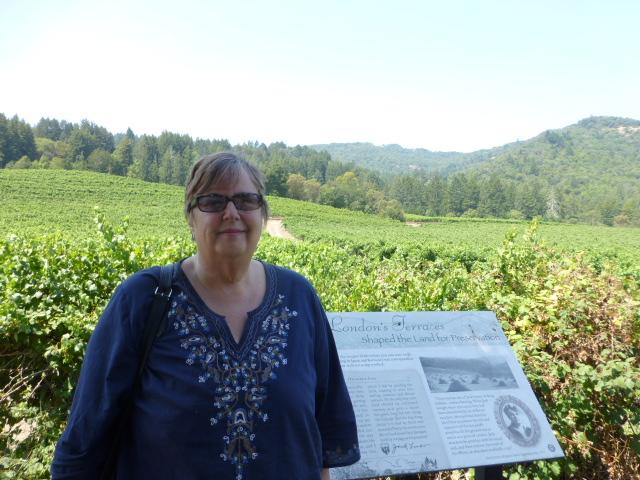If there is a positive legacy from the coronavirus crisis, it may be that standard health-related practices at meetings will be improved. Medical professionals and veteran planners see this as an opportunity to develop strategies that help keep any kind of infectious outbreak in check.
Keep Calm
Despite the widespread media coverage and global economic repercussions stemming from coronavirus, experts recommend that everyone take a deep breath and keep things in perspective.
“The threat of coronavirus is extremely low—the chance of your attendees getting it is about the same as being struck by lightning,” says Dr. Jonathan Spero, CEO of InHouse Physicians, a company that provides medical support at meetings and events. “Your attendees have a much greater chance of catching or dying from the flu, but no one is talking about this.”
David Stevens, director of global events for Alation, a data technology firm, is also concerned that “everyone is panicking and losing their common sense” in response to coronavirus. He says his fiancée, an emergency room physician, agrees.
“We as event professionals need to be the calm voice in the room,” Stevens says. “Stick to the facts, not to the news reports, and refer people to trusted sources like the World Health Organization, Centers for Disease Control (CDC) or American College of Emergency Physicians.”
Although beset by cancellations and postponements, Renee Radabaugh (MPI Greater Orlando Chapter), president of Paragon Events, is among planners keeping a cool head.
“We are doing our best to share clean, clear and precise information and not feed into the frenzy,” she says. “We’re pulling the CDC recommendations and what medical societies are saying locally. We want to give clients measurable information they can push out to the attendees.”
Be Prepared
Regardless of the real or perceived risks of coronavirus, Spero believes meeting planners should always be addressing ways to prevent the spread of infectious diseases, particularly flu, at meetings. He recommends taking steps well in advance of the meeting to formulate an illness prevention plan.
“Planners need to talk to their clients or the human resources department about any policies they have regarding sick attendees,” he says. “Ask if they are going to prevent people from attending a meeting if they show flu-like symptoms. Are there plans to arrange access to medical resources if there is an outbreak at the meeting?”
Having pre-arranged access to medical care should people become sick is particularly important, he says.
“Talk to the venue in advance about arranging for an ER or medical professional that sick attendees can be sent to,” Spero says. “If people start showing flu-like symptoms, you want them to be screened by a health professional so it can be determined what they really have.”
Once preventative protocols are in place, he says it is essential to communicate to attendees about what the organization is doing to keep them safe.
“You can alleviate their fears by telling them you are cognizant of their concerns and that you have protocols in place to protect them,” Spero says. “Share the facts, including what you are doing onsite to prevent illness, including hand sanitizers, heathy meal options and stress-reduction activities.”
While most people are aware of basic measures such as the use of hand sanitizers and wipes and reminding people to wash their hands, Spero says the greatest preventative measure for planners and meeting attendees alike is to maintain a strong immune system through healthy living.
“We are exposed to hundreds of viruses a day, but your immune system can protect you from them, including coronavirus,” he says. “It’s really important to do things that enhance your health—get plenty of sleep, eat a healthy diet, exercise and do things like meditation that relieve stress. Meeting planners all too often work from 6 a.m. to midnight without taking breaks. Get away from your desk and take a walk. Downtime is preventative time.”
Onsite Practices
For her clients who have been continuing with events, Radabaugh and her team have been focused on creating a sanitary environment.
“At one event we brought in 65 small hand-sanitizing units that we branded and sold as a sponsorship,” she says. “We are giving everyone their own stylus to do their own registration and keyboarding with their own devices. Of course, we encourage people to wash their hands and use the hand blowers. It’s about the common sense things that go back to good hygiene year round.”
When it comes to buffets, Radabaugh says it’s important to implement modifications so they don’t become a “potential Petri dish” for germs.
“I like buffets, but you need to display food in smaller portions and change it quicker,” she says. “Rather than have people serving themselves and touching the same spoon, bring on additional staff to serve the guests as they go through the line.”
Working closely with hotels and venues has become even more paramount than usual, Radabaugh adds.
“We’re asking them about their protocol—what are they doing about high-touch areas, how often do they go around and swab things like elevator buttons and escalator rails?” she says.
Stevens has found that it pays to be persistent in demanding that hotels keep surfaces clean.
“In one case, I noticed that the hotel gym had no wipes available, which I complained about and no one followed up,” he says. “I was told that they were out of them. I insisted they do something, so in a few minutes they showed up with paper towels and a spray bottle. You have to insist on getting things right.”
Among the recent challenges has been finding enough supplies such as hand sanitizer and wipes, given the fact that the general public has been buying up these items.
“It’s reminiscent of what happens during a hurricane,” Radabaugh says. “All too often the big-box stores may be out of what you need. One way to circumvent local shortages is to order online.”



